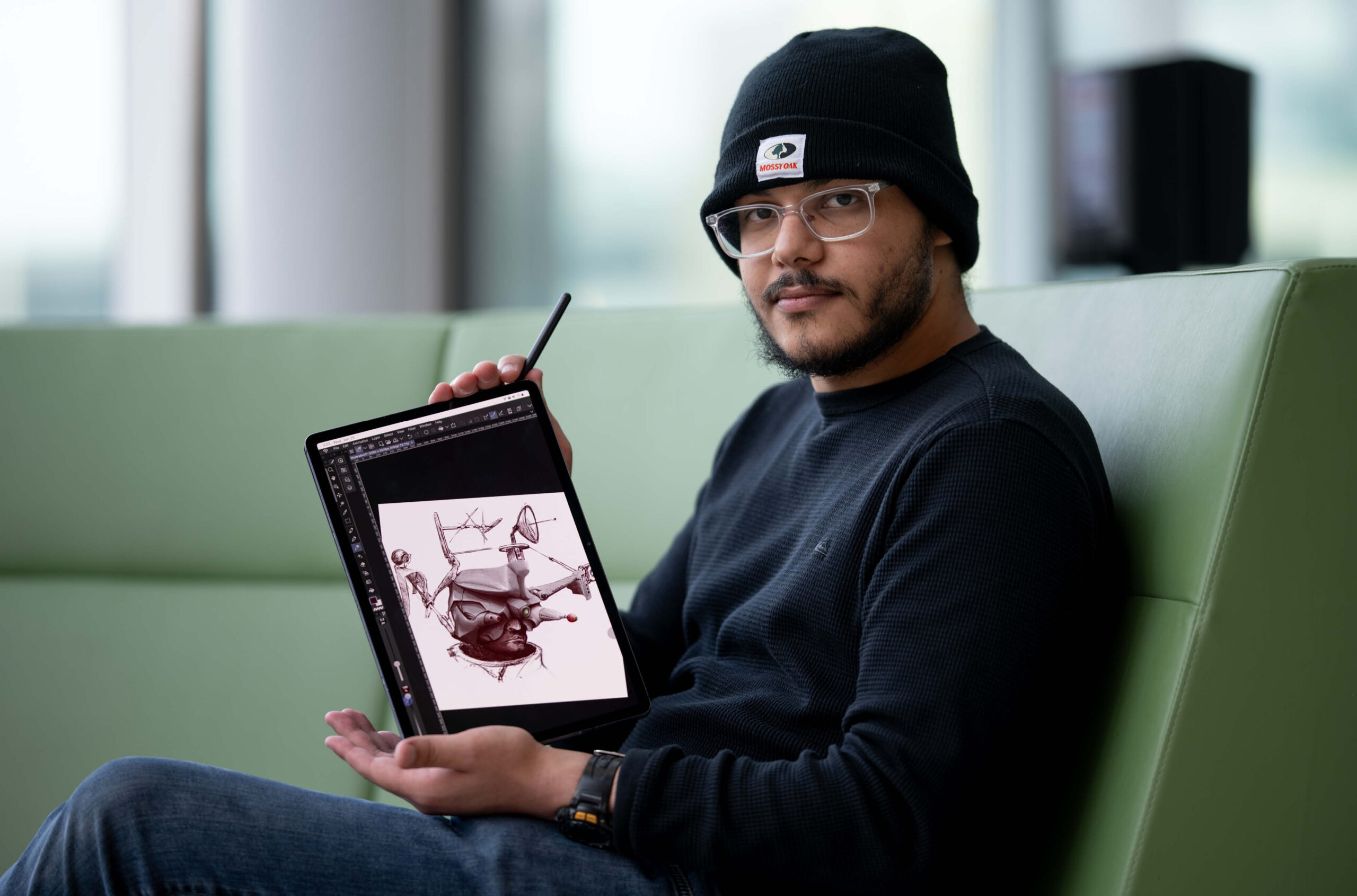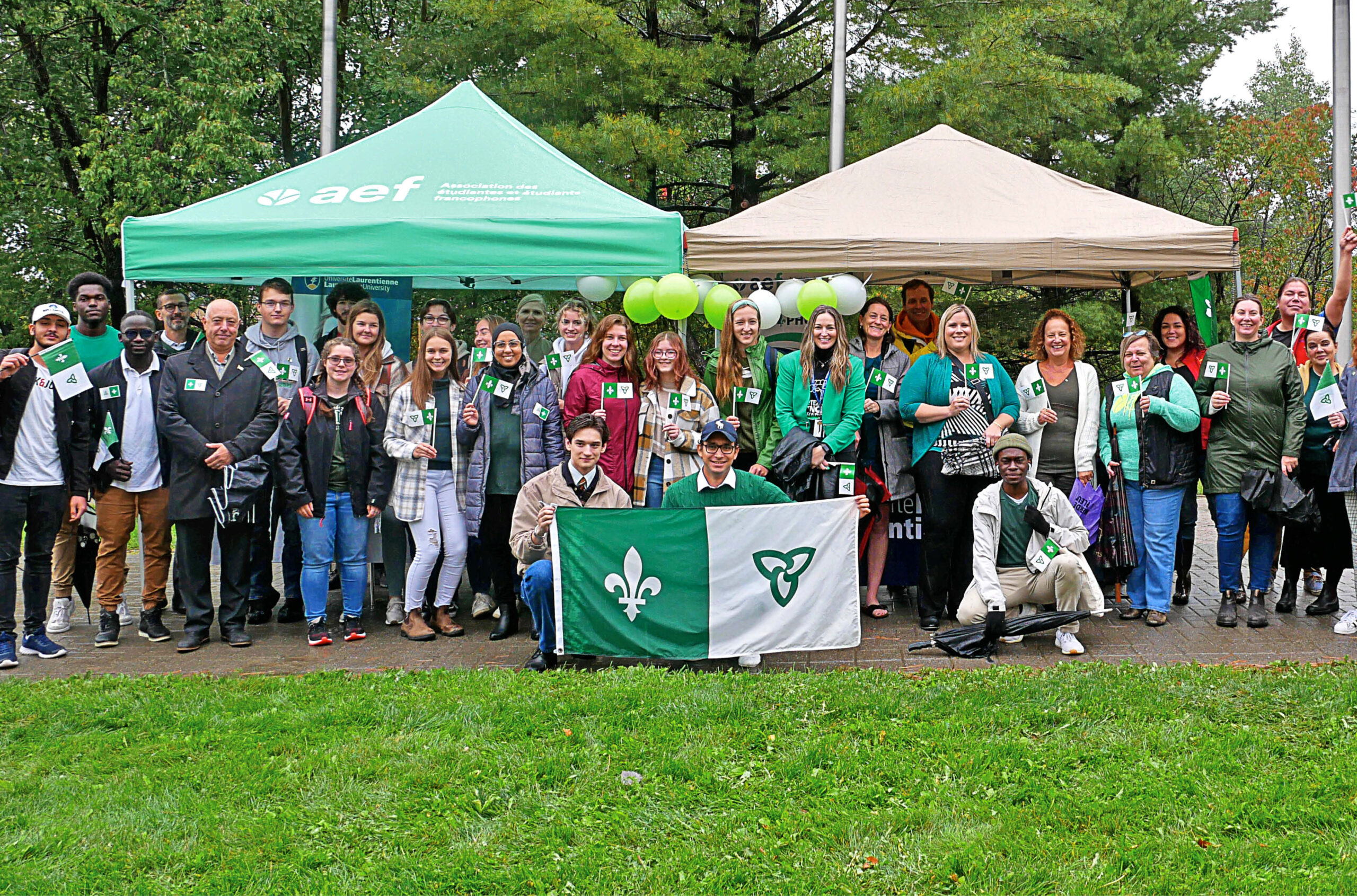An all-inclusive isolation stay
The University of Alberta is offering a full-service residence package for self-isolating staff and students.

Throughout the pandemic, federal emergency orders have required anyone travelling to Canada to self-isolate for 14 days upon arrival. For those who find themselves without a safe and private place to stay for two weeks, or contacts who can run errands on their behalf, coming to Canada seems daunting. The University of Alberta wants to help.
The university’s residence services have put together an all-inclusive package open to U of A students, faculty members and staff returning to Edmonton, and international students attending any postsecondary institution in the city. For $975, the isolation accommodation program includes transportation from Edmonton International Airport to campus, a private residence room with a bathroom, linens and laundry service, meal deliveries from the residence dining hall, garbage collection, regular check-ins from health services and access to the university’s medical facilities.
As of mid-August, a dozen students had requested to participate, with four having checked in. Janice Johnson, assistant dean of students (residence), says the program came out of a real need identified among students — between March and August, the university offered similar support to 25 students who had to self-isolate. The isolation program aside, U of A expects 1,500 people to live in residence this fall.
Share
Most popular
- 01
- 02
- 03
- 04
- 05
Featured Jobs
- Canada Excellence Research Chair in Computational Social Science, AI, and Democracy (Associate or Full Professor)McGill University
- Business – Lecturer or Assistant Professor, 2-year term (Strategic Management) McMaster University
- Veterinary Medicine - Faculty Position (Large Animal Internal Medicine) University of Saskatchewan
- Education - (2) Assistant or Associate Professors, Teaching Scholars (Educational Leadership)Western University
- Psychology - Assistant Professor (Speech-Language Pathology)University of Victoria
More from News
-
Indigenous wisdom transforms STEM learning in Ghana
IDRA scholarship recipient Kenneth Gyamerah worked with teachers to bring traditional knowledge into science and technology classes.
-
When democracy teeters, where do universities stand?
University of Regina Professor Marc Spooner analyzes the threats to academia’s public mission.
-
Who’s afraid of academic freedom?
Defenders of democratic debate are rising to meet the challenges of ideological polarization, governmental interference, and underfunding of academic institutions.
-
Filipinos use Facebook to warn of floods
International scholarship winner Ria Jhoanna Ducusin studies how communities in the Philippines cope with inundations.
More from Campus news
-
Memorial med student makes art to assist classmates’ study
What started as a hobby is now helpful for both his degree and his fellow classmates.
-
UNBC prof developing toolkit to help women feel safe online
‘Digital rights is a very important form of gender equality.’
-
Laurier student’s art featured on a bus for Black History Month
The artist says her work’s impact is like a ripple in water.
-
Canada’s francophone universities: drivers of thriving communities
Despite challenges, Canadian universities in francophone minority settings actively contribute to their communities and the advancement of knowledge.
More from Articles
-
The C150 Research Chairs program is ending, but its scholars are staying rooted in Canada
‘This is the moment to triple research funding in Canada,' urges renowned scientist.
-
How healthy is university food in Canada?
Menus are changing with an eye to public health, cultural diversity and sustainable development.
-
Throne Speech reconfirms cap on international student permits
Carney government pledges to attract world’s best talent despite restrictions
-
An historic undertaking for Indigenous education in Quebec
Quebec’s first university by and for Indigenous Peoples in partnership with the First Nations Education Council and Quebec universities.
















Post a comment
University Affairs moderates all comments according to the following guidelines. If approved, comments generally appear within one business day. We may republish particularly insightful remarks in our print edition or elsewhere.